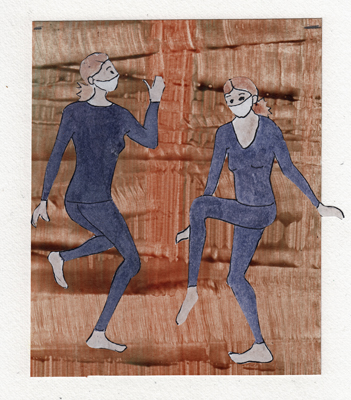Longer Duration of mRNA Vaccine Efficacy?
The immune system is incredibly complex. An antigen, foreign to the body, stimulates an immune response consisting of antibody production against the "invader," and activation of specific immune cells. Vaccine efficacy measures the full immune response and is measured by the number of people who get Covid 19 in the placebo group and those that get covid 19 in the vaccinated group. B lymphocytes and plasma cells are responsible for antibody production and T helper and T killer cells are part of the cellular response to the infection, or in this case vaccine. Antibody levels can be measured, but the titer slowly decreases over time. However some committed B cells become memory B cells and remain in clusters in germinal centers of the lymph nodes. Some memory plasma cells also remain after the foreign antigen is gone.
If that same foreign invader returns, these immune memory cells can be activated and stimulate another full immune response to the same virus or spike protein in the vaccine. How long will it last last? Sometimes for life (measles vaccine). Investigators from Wash U. in St. Louis just published a scientific paper in Nature which demonstrates that there are both the memory B cells and memory plasma cells in active "germinal centers" in lymph nodes and they still appear active 15 weeks after vaccination. Germinal centers in lymph nodes typically peak 1-2 weeks after vaccination and then wane. The bottom line is exciting - we may have vaccine-induced immunity that will be more durable than was expected! How long is unknown, but the investigators now have a way to monitor the immune response in addition to measuring antibody titers. See Below

In the words of the scientists reporting this data, "the studies demonstrate that SARS-CoV-2 mRNA-based vaccination induces a persistent germinal center B cell response, enabling the generation of robust humoral immunity." More variants could change all of this, but right now we can hope that booster shots will not be needed for the foreseeable future.
Comments
Let's hope so!
Posted by: Sandra Torguson | June 30, 2021 3:06 PM